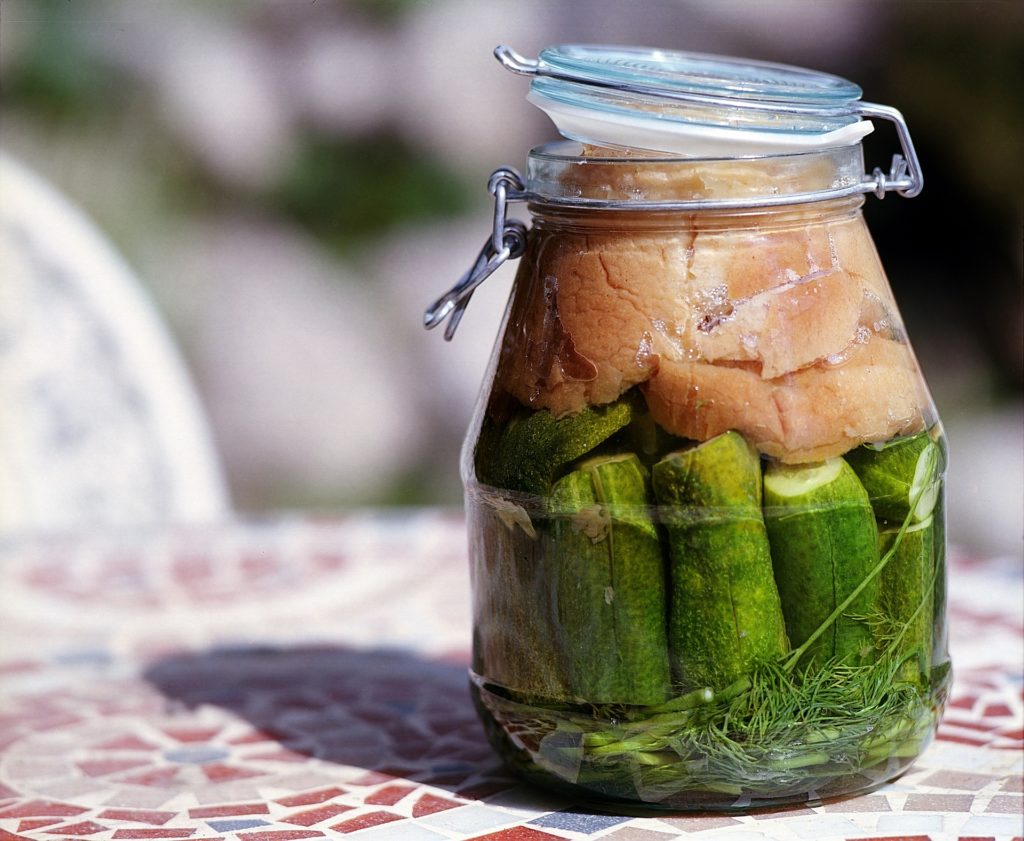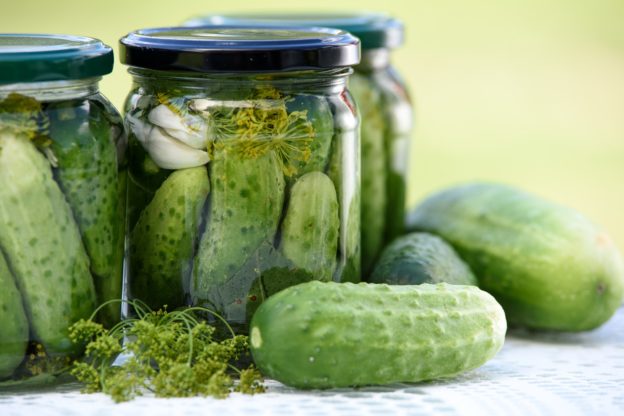Fermented Foods: Improving the Gut Microbiome with Traditional and Native Foods
The benefits of fermented foods are endless. This process of preserving food has been around for centuries. All around the world different forms of fermentation can be seen throughout various cultures.
In fact, both early civilization and Native Americans utilized fermentation to some extent. The Aztecs would make a fermented cacao drink which was usually mixed with honey and cayenne pepper. The Amazonian tribes utilized a drink called Chi-Cha which is a beverage of either fermented corn or yucca root. Many tribes still living their traditional lifestyle in the Amazon still use this drink as a staple in their diet.
Unfortunately, fermentation has become a lost art amongst the majority of the population. As a result, the health benefit of consuming fermented foods has become practically unknown amongst society. In fact, before modern technology, such as refrigeration, fermentation was a necessity in order to stay alive. It was the only way in which foods could be kept for long periods of time. Our ancestors ALL consumed fermented foods and our DNA has become programmed to eat these types of foods.

Fermented Foods and Society
Lack of fermented foods in the diet and overuse of antibiotics are destroying the gut microbiome more and more with each passing generation. The fact is, every single un-contacted tribe living the way nature intended utilizes some form of fermentation. These tribes do not suffer from the same type of degenerative diseases that modern society suffers from.
This was confirmed by a dentist name Western Price who studied the dental structure of many un-contacted tribes living a traditional lifestyle. Dr. Price found that these people had no signs of degenerative disease or tooth decay. He also observed that the build and bone structure of these people was much better than that of western society (1). These people only had access to foods in which the land would provide. Also, many of these foods went through a fermentation process before being consumed in order to increase nutrient bio availability and decrease anti nutrient content.
The Gut Connection
Inside our gut we house trillions of microscopic bacteria that all need to be properly cared for. In fact, these bacteria cells outnumber human cells in the body (2).
Hippocrates, the father of true medicine once said, “All disease begins in the gut.” We now know that much of these bacteria can be found in the human digestive system. These bacteria are responsible for our emotions, immune system, and control many of the inflammatory process in the body. In fact, Serotonin, a neurotransmitter that is extremely low in most depressed patients, is manufactured in the gut (3). Common sense tells us; poor gut health = low serotonin production = depressed patients.
These bacteria found in the gut also help control the body’s immune system in a positive manner (4). Those with various food allergies and digestive issues are most likely suffering from gut dysbiosis, which simple means an imbalance in certain gut bacteria.

Fermented Foods to the Rescue
Poor diet, processed foods, sugar, alcohol, and antibiotics all take their toll on the makeup of gut microbiome. It’s no wonder that the United States is the number one consumer of pharmaceutical drugs.
Luckily, fermented foods can help improve the health of the gut microbiome of those with serious gut dsybiosis. Sauerkraut, kimchi, miso, natto and pickles are all great sources of fermented vegetables. Hard cheeses are also a good option if well tolerated.
These fermented foods contain live probiotics that help build the army of good microbes in the gut. If consumed regularly, they can help decrease the bad bacteria by restoring the good bacteria. These foods also contain fiber which helps feed the bacteria that is already present in the gut.
Don’t waste your money on expensive probiotic pills which are most likely dead anyways. Instead, start buying or fermenting your own foods. It has been estimated that a tablespoon of sauerkraut contains over 6 billion probiotics which are all alive. Also, be sure to avoid fermented foods that have been “pasteurized.”
Pasteurized fermented foods are useless as all the beneficial probiotics will have been killed off by the pasteurization process rendering the food useless. Most fermented foods found in grocery stores are pasteurized. If they do happen to be raw, chances are they were created using a “starter” in order to increase production time. Using a starter is less than ideal because it does not catch the wild yeast and bacteria that traditional fermented foods contain.
Start Fermenting at Home
Fermentation at home can be extremely easy if you have the right equipment. We have recently started to use this Easy Fermentation Kit by Nourished Essentials and we absolutely love it. Each batch comes out perfect and there are no boundaries on what you can ferment. Also, there is no need to constantly “burb” the lids in order to release CO2 build up. It truly is a “set and forget” type of product and the only way we will perform fermentation now.
- Price WA. Nutrition and physical degeneration: a comparision of primitive and modern diets and their effects. Oxford: Benediction Classics; 2010.


Leave a Reply